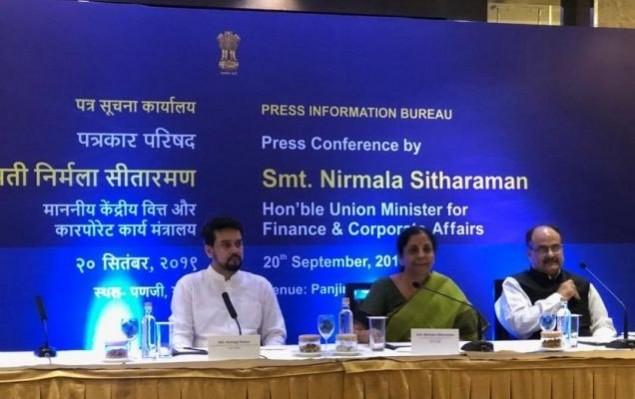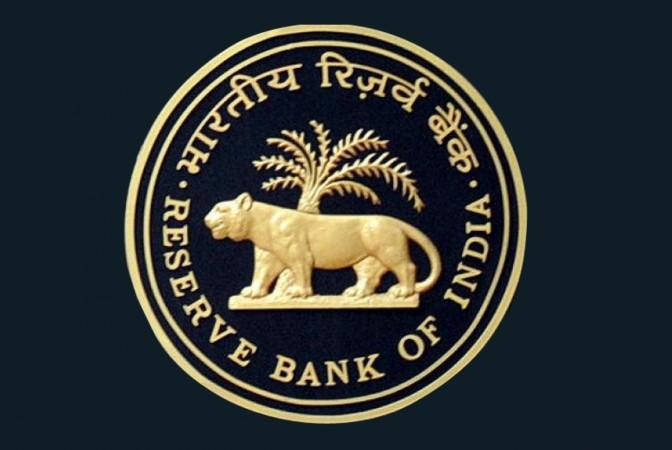
The millennials they may be heading into another round of shaming for swelling non-performing assets (NPA) of banks, reports say. The generation has been blamed by different leaders at numerous instances for the auto sector slowdown, trouble in the retail sector and e-commerce surge.
Concern for lenders
The number of millennials, people born after 1980, seeking new loans have spiked 58 percent while the loan enquiries from the non-millennial segment have been growing only at 14 percent, a PTI report says. The concern, according to some banking observers, is that millennials, who have been driving credit demand in the past two years, have been taking the riskier unsecured loans in what can potentially raise concerns for lenders. The study by credit bureau TransUnion-Cibil flags concerns that this could result in a surge in banks' NPAs.
However, the millennials' awareness about their credit scores could be seen as a silver lining
Lenders, on the other hand, have been increasingly depending on the retail segment for loan growth as its quality is seen better than the corporate segment. With bloated balance sheets, the corporate segment has little appetite for more debt. The report also raises a concern about the tendency of the millennials to overleverage their accounts. This may be a reason for the drop in the national gross savings, it says.

The unsecured credit, including on credit cards, personal loans and consumer durable loans contributed 72 per cent of the millennials' credit requirements, the report said. The secured loans of two-wheeler and car loans formed only 9 percent of the millennials' credit appetite.
The retailers' trade body Confederation of All India Traders (CAIT) has complained to Sitharman, Commerce Minister Piyush Goyal, and Reserve Bank of India (RBI) governor Shaktikanta Das
However, the millennials' awareness about their credit scores could be seen as a silver lining. They seem to believe in self-monitoring their rating and they succeed in keeping within the health range of above 740. The report says millennials in Gujarat have the highest average score of 747, followed by Haryana at 743 and Rajasthan at 742.
The report also underscored the tendency of the millennials to correct their own behaviour. It said 51 per cent of those with less than 700 credit score improved them within six months of checking their scores by an average of 65 points.
Deep discounting
Finance Minister Nirmala Sitharaman famously set off the tirade on the habits of millennials by suggesting that the auto sector slowdown was in part because of the tendency of the millennials to depend more on taxi-hailing apps like Uber and Ola. Amid criticism of Sitharaman, Maruti Suzuki chairman RC Bhargava supported her view by saying the millennials were not enamoured by the idea of owning personal transport while they spent more on acquiring new gadgets.
Brick-and-mortar retailers added to the litany by saying the millennials' habit of ordering stuff online was a reason for the segment's decline. The recent festival season-opening sales that hit a record high for e-commerce giants like Amazon and Flipkart even as the offline retail growth remained sluggish somewhat proved a point.
The retailers' trade body Confederation of All India Traders (CAIT) has complained to Sitharman, Commerce Minister Piyush Goyal, and Reserve Bank of India (RBI) governor Shaktikanta Das about the alleged illegal practices of the e-tailers including deep discounting, predatory pricing and an 'unholy nexus' with the manufacturers. They even claimed that banks were hand in glove with the e-commerce firms allowing cash-back and credit purchases. They are also trying to meet Prime Minister Narendra Modi with their complaints.














